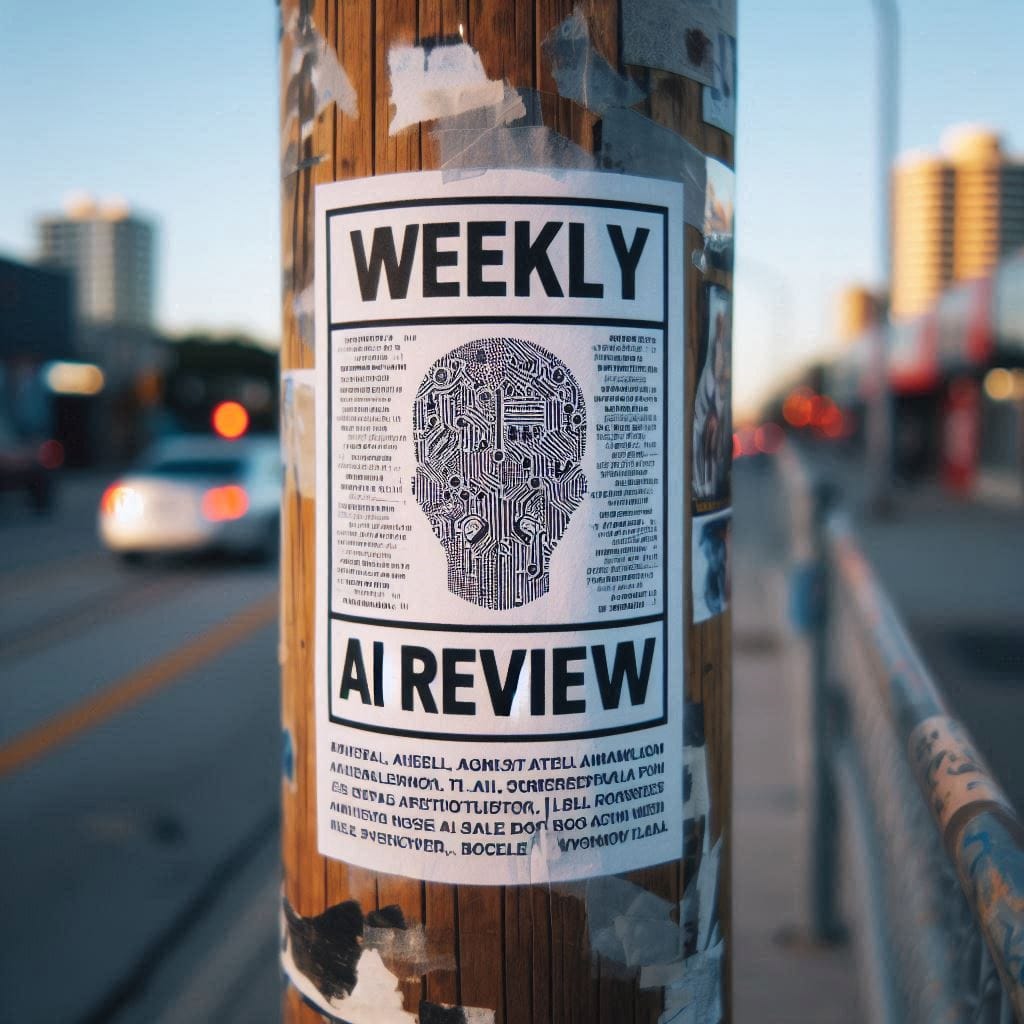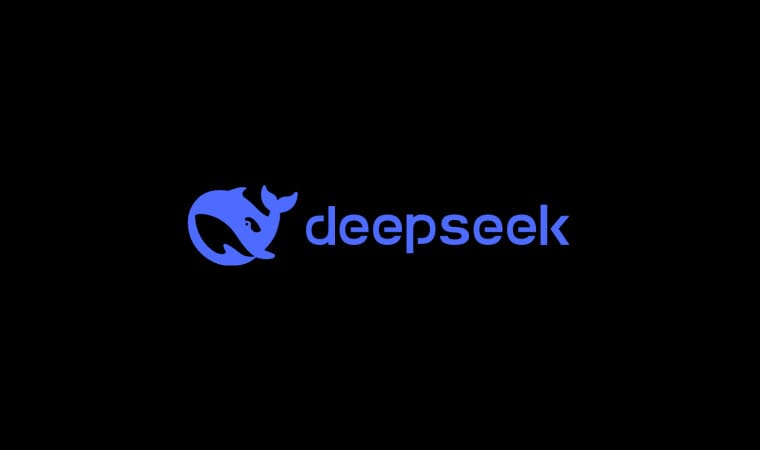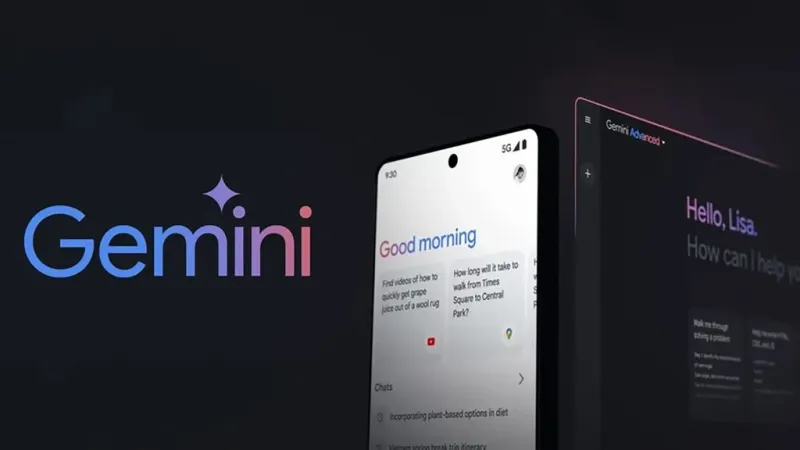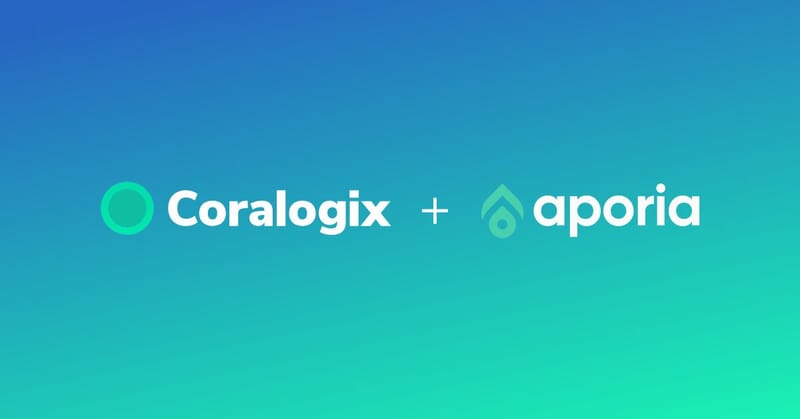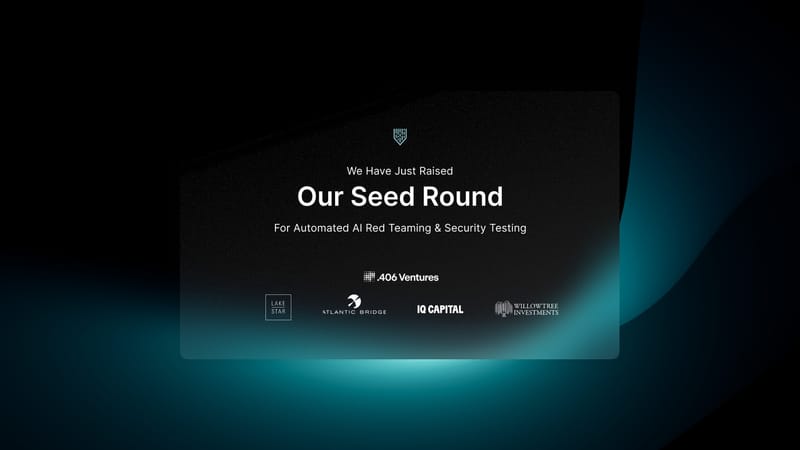Weekly AI Highlights Review: October 1–7
Raspberry Pi offers a new AI camera; OpenAI raised $6.6B, held its developer conference and launched canvas; Pika 1.5's Pikaffects bring the fun to AI video generation; Meta previewed Movie Gen; Microsoft updated Copilot; YOLOv11 is out; and more.
This week, the spotlight was on OpenAI and its recently confirmed massive funding round and credit facility. The indisputable leader in the LLMs sector raised $6.6 billion at a $157 billion post-money valuation and secured a $4 billion revolving credit facility "to scale the benefits of AI". The news of this major investment broke shortly after OpenAI held this year's DevDay, the developer conference that last year served as the venue for several major announcements, including the GPT-4 Turbo preview, customGPTs, and the GPT Store, the latter a topic it has remained mostly silent on since then.
DevDay may have been subdued compared to its predecessor and clouded by recent leadership departures. Still, the event featured several API launches meant to improve the developer experience, introducing model distillation, prompt caching, vision fine-tuning, and the Realtime API, which will allow developers to build near real-time voice conversations into their applications. Separately from DevDay, OpenAI also debuted a beta for ChatGPT with canvas. The new feature is based on GPT-4o and offers a workspace for users to collaborate with ChatGPT in coding and writing projects with specific shortcuts for each project type. Initially available for paying subscribers, OpenAI will eventually launch ChatGPT with canvas for all users.
Canvas opens in a separate window, allowing you and ChatGPT to work on ideas side by side.
— OpenAI (@OpenAI) October 3, 2024
In canvas, ChatGPT can suggest edits, adjust length, change reading levels, and offer inline feedback. You can also write and edit directly in canvas. pic.twitter.com/yHYVGtwJHV
Interest in AI-powered media generation is still strong. Runware secured $3 million as it announced what it refers to as the fastest and most affordable generative media API. As AI-powered video generation starts shaping up as the next frontier, Pika has released a new model, Pika 1.5, which features preset "Pikaffects" that let users defy the laws of physics as they explode, melt, crush, inflate, and cake-ify any object they wish.
The 'Crush it' Pikaffect (Credit: Pika)
Finally, Meta previewed Movie Gen, a suite of generative AI models designed to generate videos from text prompts, make localized edits on existing videos, create personalized videos using simple text prompts combined with a reference image, and create synchronized audio content for a video, including ambient sound and music.
Text input summary: A sloth with pink sunglasses lays on a donut float in a pool. The sloth is holding a tropical drink. The world is tropical. The sunlight casts a shadow. (Credit: Meta)
Other interesting headlines this week:
Google brings updates and ads to AI Overviews and Google Lens: Google is expanding Lens with new features including video analysis, voice commands, and enhanced shopping capabilities, while also introducing ad integrations to the latter. In parallel, the company is cautiously testing offering shopping ads within relevant AI Overviews.
Microsoft updates Copilot with new features and a friendly, laid-back demeanor: Microsoft recently announced several new features for its AI-powered assistant Copilot, including a voice mode for spoken conversations, personalized content suggestions and summaries, and the experimental Copilot Vision and Think Deeper features.
Meta reluctantly admits it trains AI models with photos taken by Ray-Ban Meta smart glasses: Meta's new Ray-Ban smart glasses feature allows real-time AI analysis of what users are seeing but raises privacy concerns as it continuously uploads image streams to Meta's servers for AI training without providing users a way to opt out of data collection.
poolside secured $500M for its AI platform for software development: AI startup poolside has secured $500 million in Series B funding led by Bain Capital Ventures to develop advanced AI systems for software development, leveraging its proprietary Reinforcement Learning from Code Execution Feedback technology.
Augmented Intelligence partnered with Google Cloud to deliver smarter enterprise AI agents: AI startup Augmented Intelligence has emerged from stealth with $44 million in funding and a Google Cloud partnership, offering Apollo, a neuro-symbolic AI platform that combines neural networks with rule-based systems to create more explainable and efficient AI agents.
Qodo has raised $40M for its integrity-first software development assistant: AI-powered code quality platform Qodo has raised $40 million in Series A funding to expand its developer tools that ensure the integrity and reliability of AI-generated code across the software development lifecycle.
A new Raspberry Pi AI camera brings computer vision to all Raspberry Pi models: The Raspberry Pi AI Camera module, featuring a 12 MP Sony IMX500 Intelligent Vision Sensor and integrated RP2040 AI accelerator, offers universal compatibility with all Raspberry Pi models and provides built-in AI capabilities for computer vision tasks.
YOLOv11, the latest in the Ultralytics YOLO series, is remarkably flexible and versatile: YOLOv11 is an advanced iteration of the YOLO object detection series that offers enhanced feature extraction capabilities, improved computational efficiency, and various specialized models for different computer vision tasks while maintaining flexibility across deployment environments.

